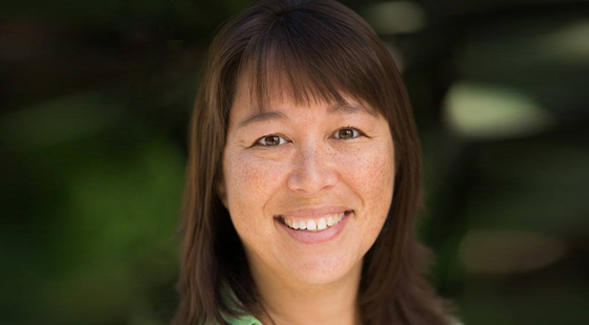
Lisa Kath, Ph.D.
Lisa Kath, associate professor of psychology at SDSU, discusses the psychology of stockpiling and the stress of uncertainty.
By SDSU News Team
You have undoubtedly seen photos of empty shelves at the grocery store. During the global coronavirus (COVID-19) pandemic, people are stocking up on supplies such as toilet paper, water and hand sanitizer, leaving little for other consumers. This is an act known as panic-buying.
Buy why is this happening?
The SDSU News Team spoke with Lisa Kath, an associate professor of psychology at San Diego State University, to discuss the psychology of stockpiling and to better understand the stress of uncertainty.
People are buying toilet paper and hand sanitizer in droves. Why is this happening?
First, when we’re in stressful situations, we seek to regain some sense of control. It’s hard to control a pandemic, but it’s easy to control the amount of toilet paper and hand sanitizer you have in your house. Second, scarcity affects our decision making. Salespeople use this to their advantage when they talk about “limited time deals” or “stock is running low.” Both of these are natural psychological reactions.
Is there any way to change this behavior?
To change this behavior in oneself, it’s helpful to be aware of how you are feeling and to note that the impulses you are feeling to stockpile supplies are normal impulses. I do think it’s fair to talk about what are appropriate social norms in this unique situation. I have seen that happen with social media posts that share stories of younger people helping the elderly in stores get what they need, or deliveries to those who are immune compromised. These are ways that we establish new norms for behavior around purchasing essentials such at toilet paper.
What can people do to manage their own stress and fear during a time like this?
In times like these, I think about the fundamentals of good health: eating healthy, sleeping, exercising, and managing stress. In terms of managing stress, there’s a lot of power in being aware of and acknowledging emotions, so being mindful can be very helpful, even though there may be a tendency to try to escape instead. If you pay attention to your choice of self-care activity and how you feel afterward, that might help you make better choices in the long run.
What advice do you have for people during this current pandemic?
Don’t compare how you are coping with how other people are coping, because you rarely get to see inside other people well enough to get an accurate view. If you are able, take some time to help other people. This gets you out of your own head, and it spreads some good in the world, which we can always use. But don’t forget to take care of yourself as well, by being compassionate toward yourself and engaging in healthy behaviors when you can.
How do we adapt to living with so much uncertainty in our lives?
Human beings are amazingly resilient, and we’ll adapt because we have to.